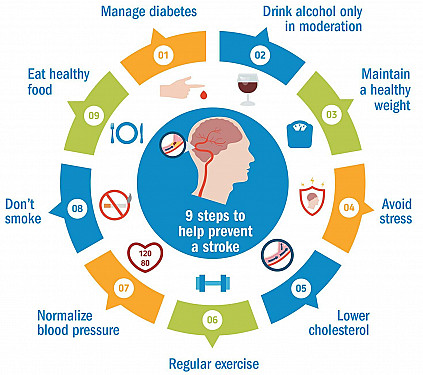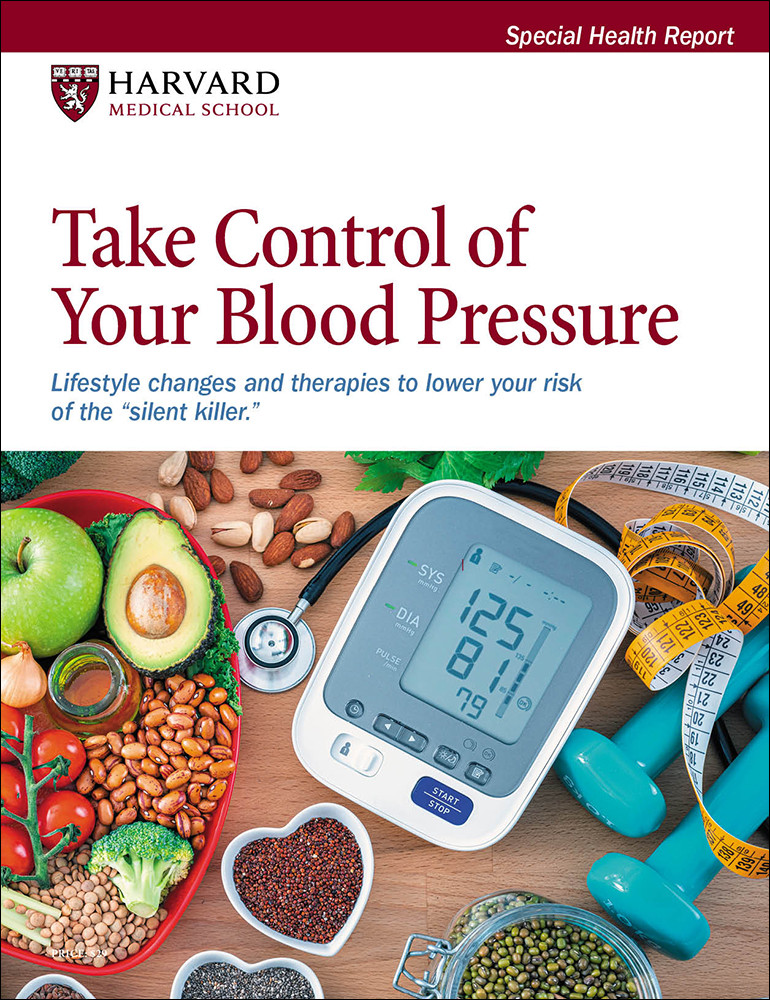Raising potassium intake might lower high blood pressure
In the journals
- Reviewed by Howard E. LeWine, MD, Chief Medical Editor, Harvard Health Publishing; Editorial Advisory Board Member, Harvard Health Publishing

Experts recommend reducing dietary salt to help lower blood pressure, but people should also increase their potassium intake, according to a study published in the March 2025 issue of the American Journal of Physiology–Renal Physiology.
Researchers developed a biological sex-specific mathematical model to investigate how varying potassium-to-sodium ratios affect the body. After running multiple computer simulations, they found that increasing dietary potassium levels while also reducing salt might be more effective in lowering blood pressure than cutting back on salt alone.
The researchers suggested that eating more potassium-rich foods, such as bananas and broccoli, might encourage the kidneys to excrete more sodium and water, thereby lowering blood pressure. The model also examined how sex influenced the relationship between potassium and blood pressure. It found that men were more likely than women to benefit from an increased ratio of potassium to sodium.
Image: © izusek/Getty Images
About the Author

Matthew Solan, Former Executive Editor, Harvard Men's Health Watch
About the Reviewer

Howard E. LeWine, MD, Chief Medical Editor, Harvard Health Publishing; Editorial Advisory Board Member, Harvard Health Publishing
Disclaimer:
As a service to our readers, Harvard Health Publishing provides access to our library of archived content. Please note the date of last review or update on all articles.
No content on this site, regardless of date, should ever be used as a substitute for direct medical advice from your doctor or other qualified clinician.
















